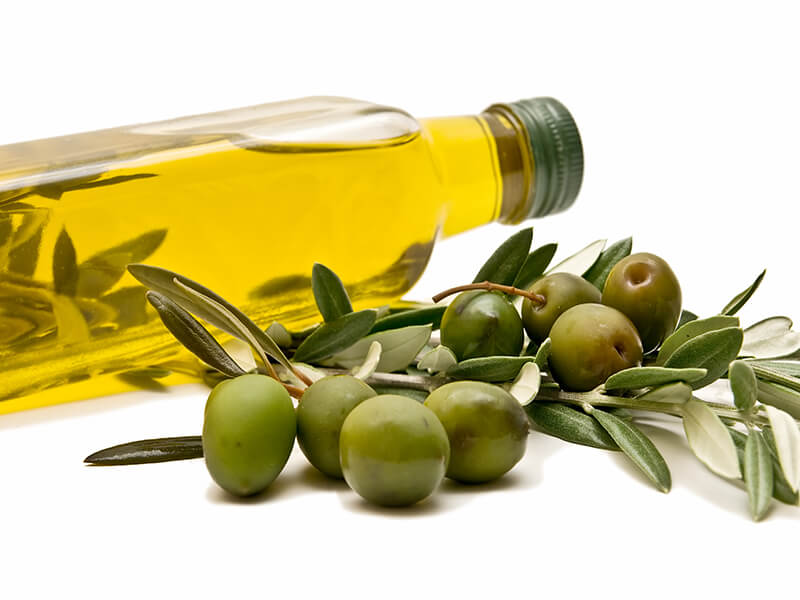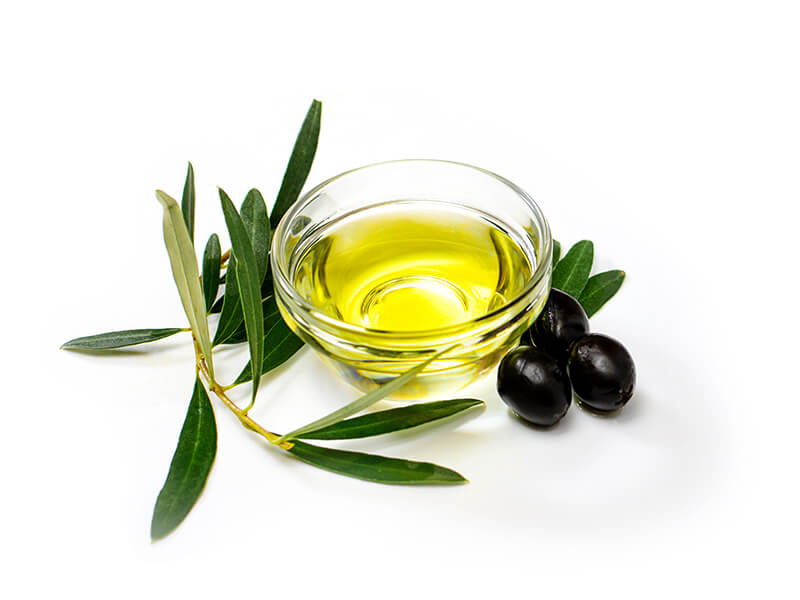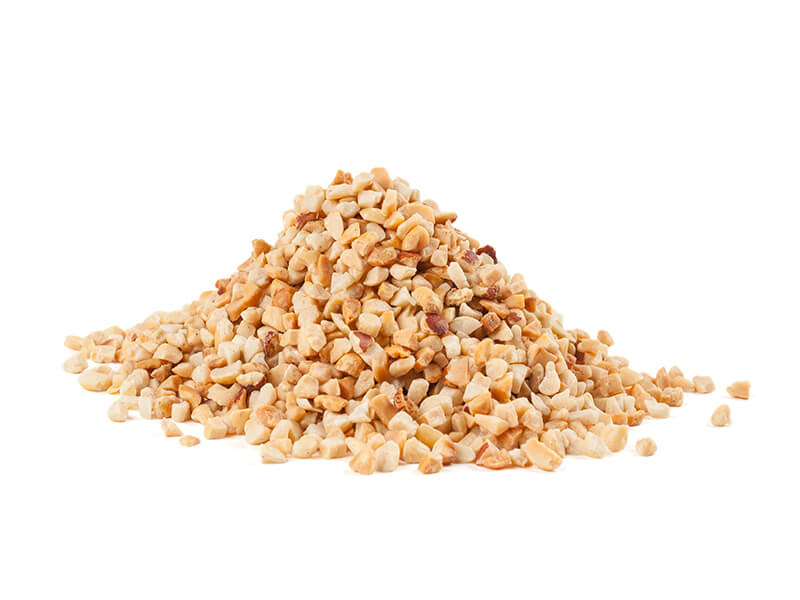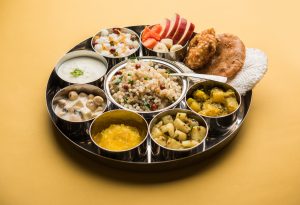
There are several health risks associated with consuming excess oil. Cooking oils – no matter what nut, seed, vegetable or animal they come from, have a high fat content. It is this fat content that makes them an ideal medium for cooking. Besides, it is the fat that makes rich dishes so delicious! But of course, like all good things we pay a heavy price for indulging too much. A high fat diet is the root cause of so many modern lifestyle diseases like diabetes, high-blood pressure, obesity, high-cholesterol and heart disease. A reduction in the amount of fat consumed on a daily basis can help prevent and cure many of these diseases, which is why we are constantly reminded by doctors, dieticians, nutritionists and concerned grandmothers to reduce the amount of oil we consume.

Firstly, we must begin by choosing the correct kind of oils – those that are high in saturated fat should be replaced with oils high in omega-3 fatty acids, unsaturated fat and good cholesterol. Olive oil, canola oil, rice bran oil and sesame (til) oil are among healthier oils that can be used for cooking. Even flax seed oil and grape seed oil are good for dressing salads and drizzling over soups. Besides changing the kind of oil, a reduction in the amount of oil consumed is also recommended and there are several ways to do so.
Using the correct cooking equipment and cooking techniques can help reduce the amount of oil needed. For instance, non-stick pans can be used to sauté, sweat or pan fry food. Because food doesn’t stick to the surface of such pans, less oil is needed to lubricate food. Non-stick woks can be used to stir fry vegetables, meat, fish or rice. Stir fries, rice dishes, stews, soups and curries can all be made using just a little bit of oil. Even while grilling or baking food, one can use extremely small quantities of oil – just enough to carry flavour and glaze food. The microwave is another great tool for low oil cooking.

When cooking with dry coconut, crushed peanuts or cashews, one can be extremely frugal with the use of oil because these ingredients themselves contain oils which are released when heated. The same is with poultry and meat. A little oil just to lubricate the pan is enough to begin searing meat, then the meat itself begins to release oil which can go into making a sauce or glaze.
This being said, eliminating oil completely from one’s diet is actually bad for health and not recommended. Fat is needed to lubricate joints, keep vital organs healthy and to keep the metabolism and energy levels high. Even skin and hair become dry and lifeless when the body is deprived of the necessary oils. Consuming oil in moderation is the only way to give our body the nutrition it needs, while ensuring we don’t consume more than required.
If you’re accustomed to eating food cooked with generous quantities of oil, it may take a little effort in getting used to. But the key is to remember that oil must be used just as a medium which carries flavour of spices, condiments, vegetables and meats. Remember, delicious and flavourful food can be made with a minimal amount of oil.






